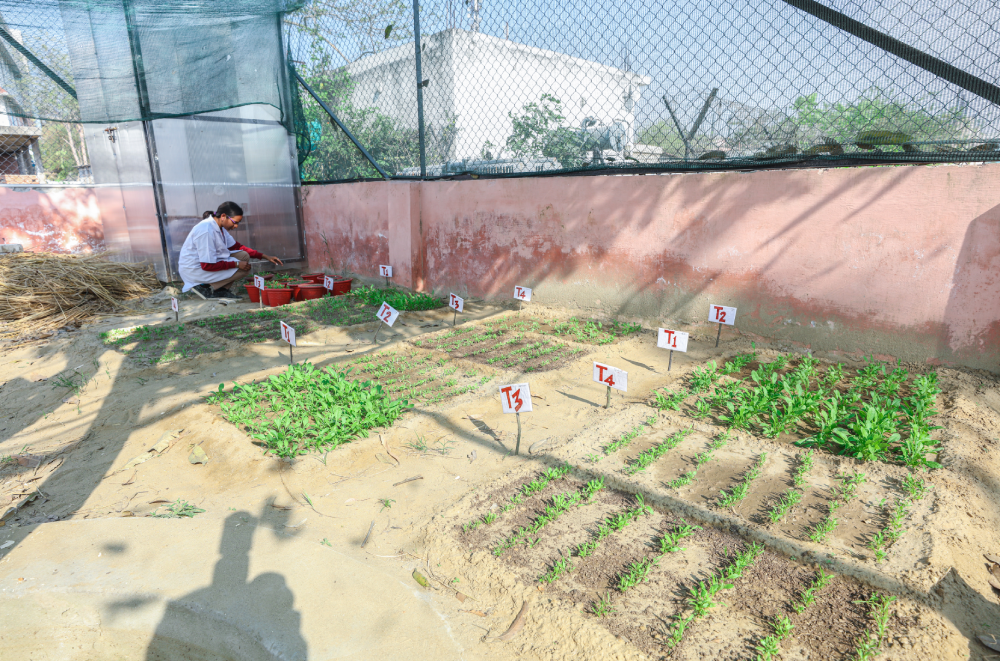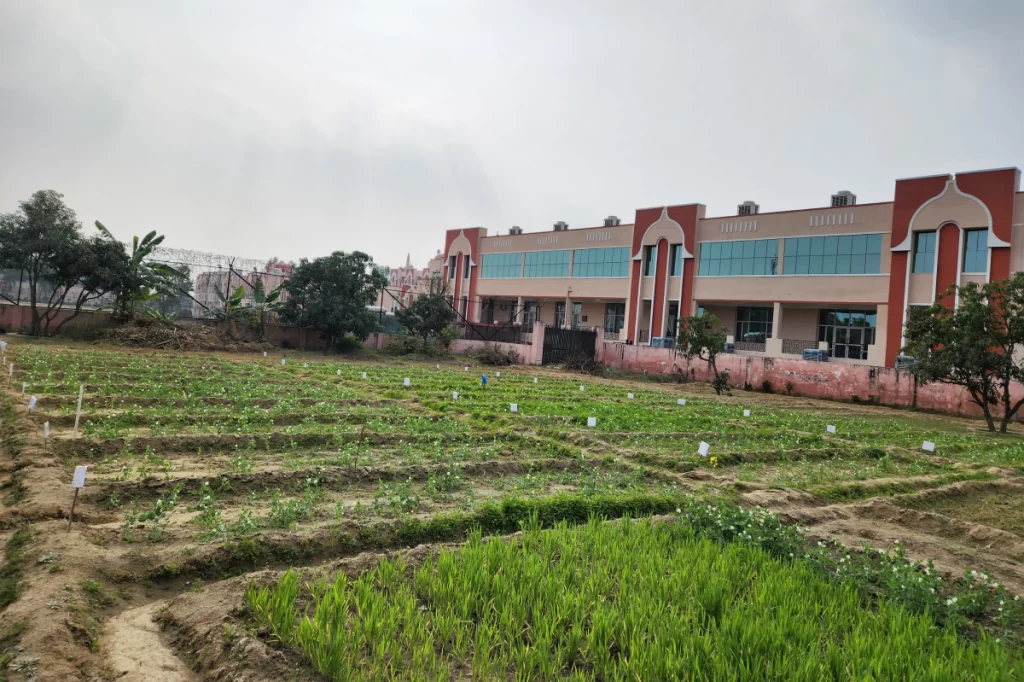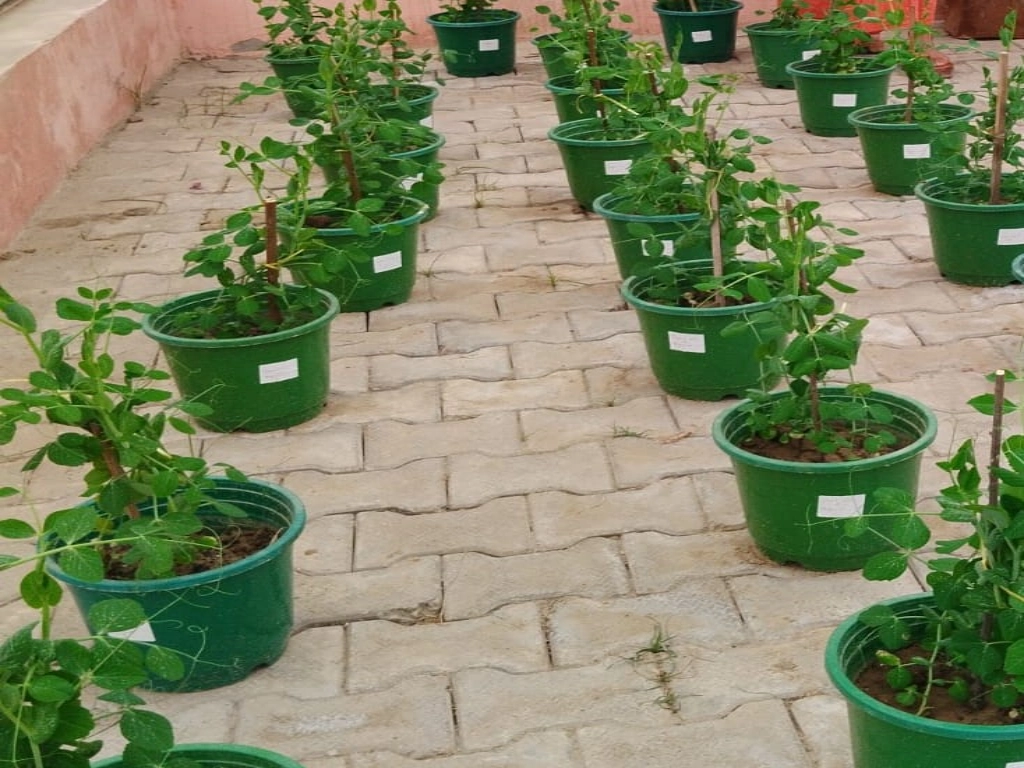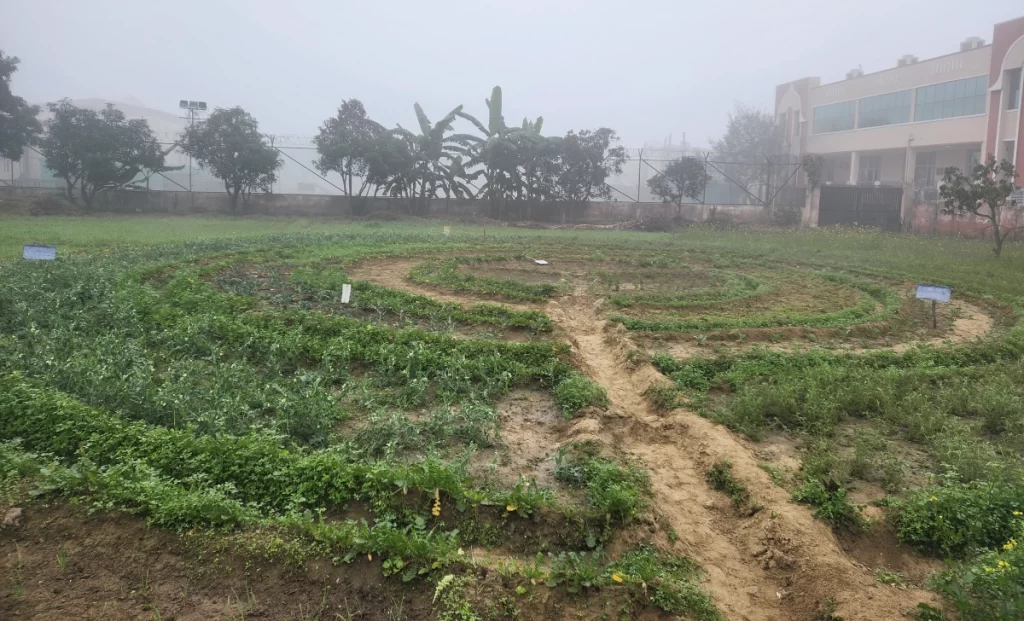
Organic and Natural Farming

Organic Farming and Natural Farming are both sustainable agricultural practices that prioritize soil health, biodiversity, and environmental conservation.
Organic Farming
1. Definition:
- Organic farming is an input-based system guided by specific principles and regulations.
- It uses various amendments (such as compost, cover crops, and approved organic inputs) to improve soil fertility.
- Organic farming avoids synthetic chemicals (pesticides, herbicides, and fertilizers) and genetically modified organisms (GMOs).
2. Approach:
- Organic farming integrates soil microorganisms, plant life, livestock, and human activity.
- It emphasizes soil health, biodiversity conservation, and environmentally friendly practices.
- Crop rotation, companion planting, and natural pest control are common practices.
3. Benefits:
- Increased crop yield and quality.
- Reduced reliance on chemical inputs.
- Improved soil structure and water retention.

Natural Farming
1. Definition:
- Natural farming represents an agricultural philosophy that reflects the wisdom of nature itself.
- It originated in Japan through the pioneering work of Masanobu Fukuoka and Mokichi Okada.
- Also known as “natural agriculture” or “do-nothing agriculture.”
2. Approach:
- Natural farming strives to match natural processes, reduce human intervention, and minimize external inputs.
- It avoids synthetic chemicals, relying on ecological principles.
- Biodiversity, soil health, and minimal disturbance are key principles.


3. Practices:
- Minimal tilling or no-till practices.
- Cover cropping and mulching.
- Use of locally sourced materials for necessary agricultural inputs.
3. Benefits:
- Promotes harmony with the natural world.
- Supports plant and animal health.
- Improves crop yields through ecological balance.
In summary, while both organic farming and natural farming share common goals of sustainability, they differ in their approach to external inputs. Organic farming incorporates approved organic inputs, while natural farming completely eschews synthetic and external inputs.
Both methods contribute to regenerative agriculture and offer alternatives to conventional chemical-intensive practices. Organic farming and natural farming are both valuable approaches to sustainable agriculture.
